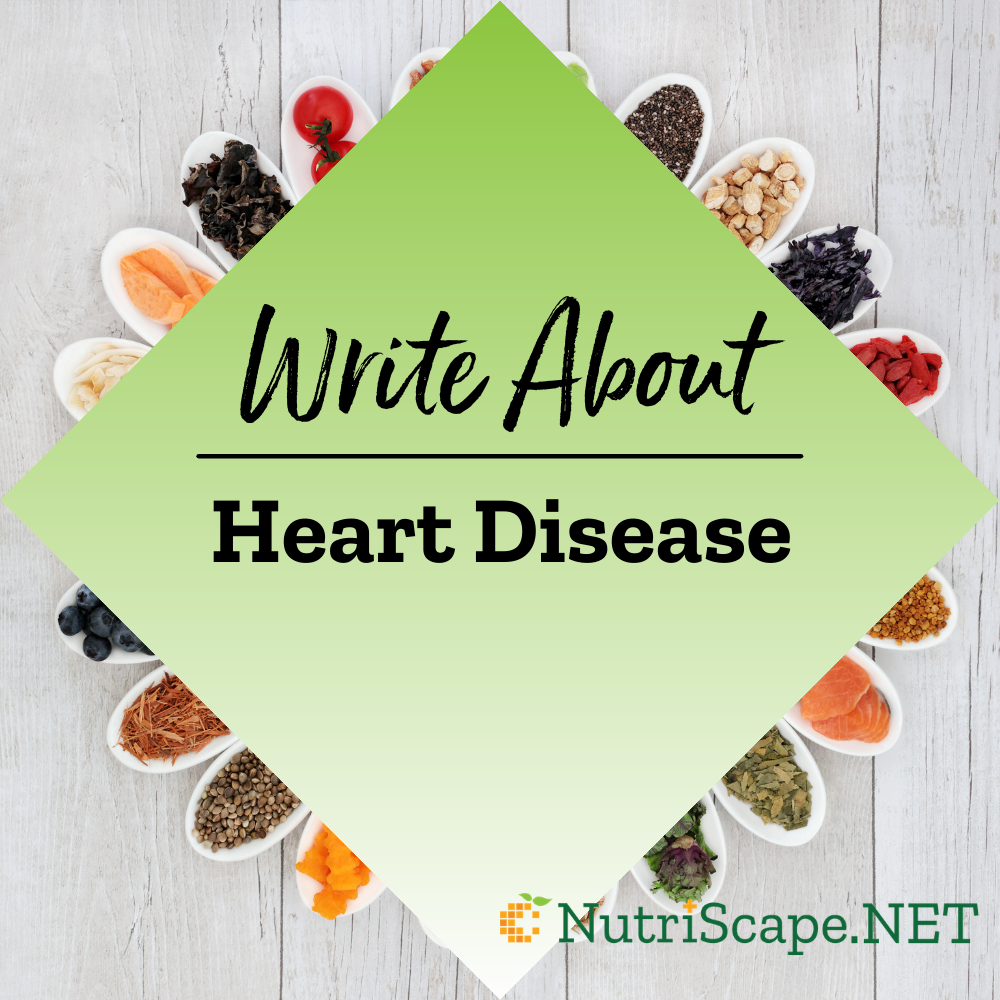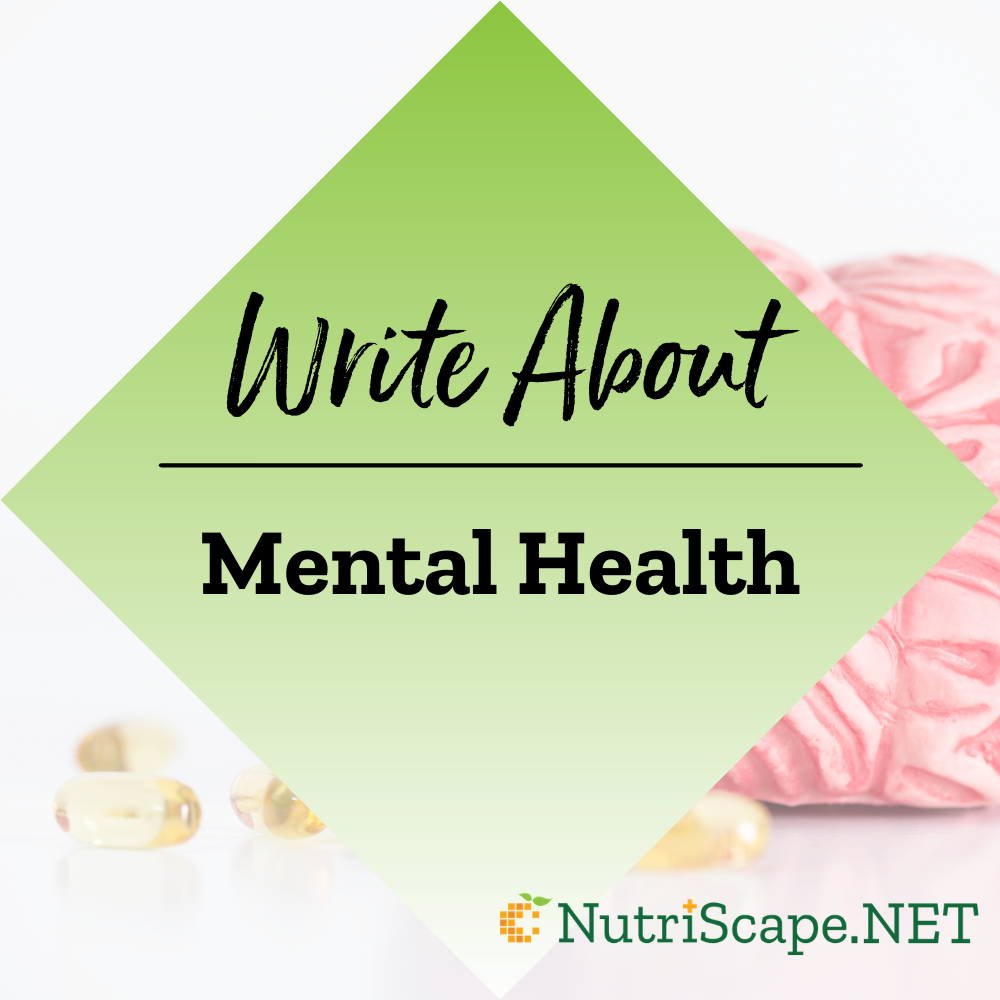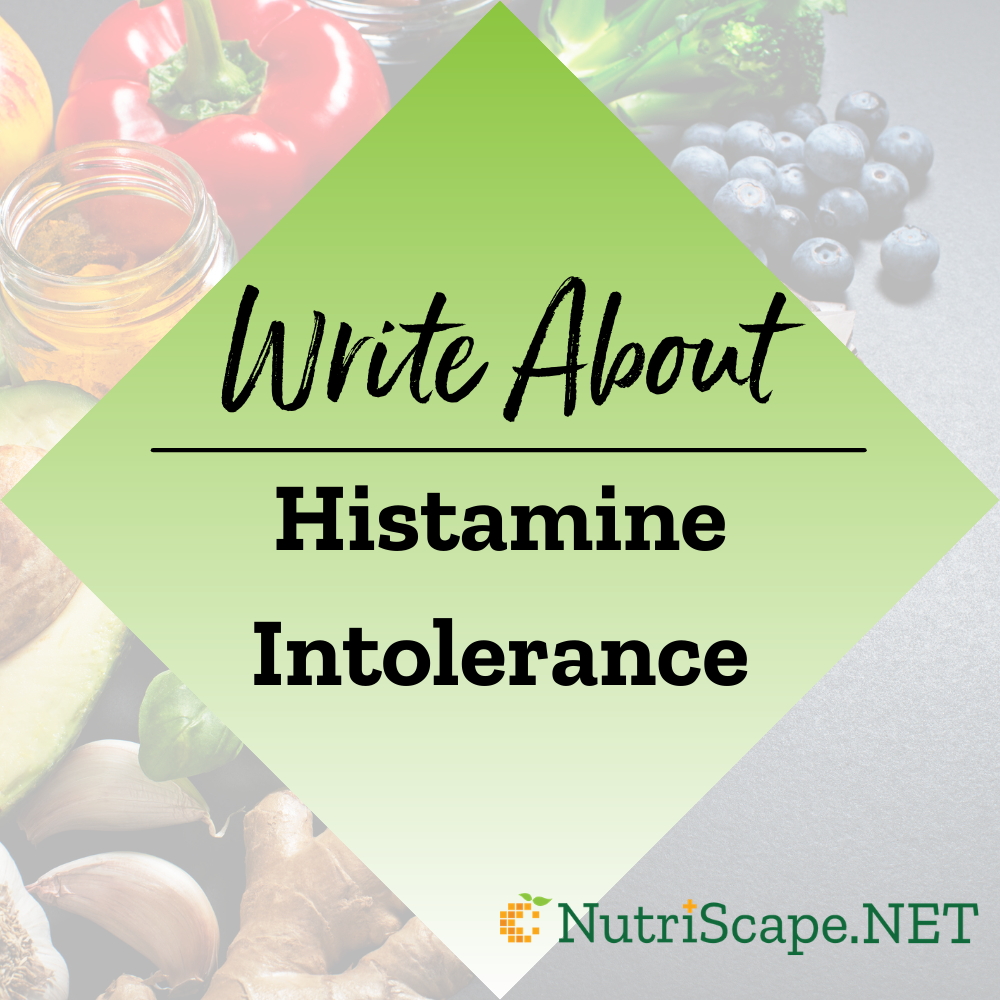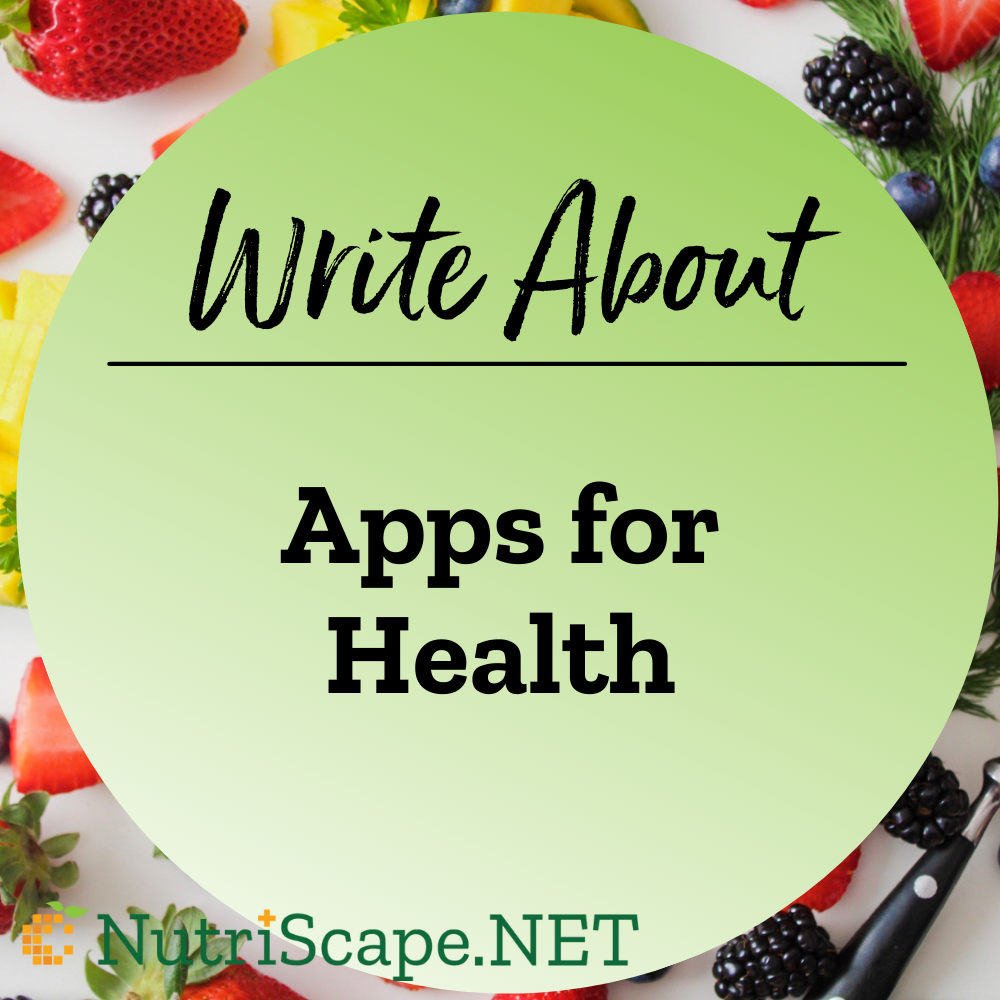
Migraine Relief-7 Facts





8-year-old boy had more than 300 medical appointments and 13 operations before a doctor reported suspicions
Source: Texas mother accused of faking son’s illness; boy had 13 “major” surgeries


The only downside appears to be the price of $1357.BG20 Blood Glucose Monitor

Heart disease and fatty clogs in the arteries pretty much go together hand in hand. Research may explain why atherosclerosis is associated with gum disease and heart trouble. There is new evidence that suggests the fatty molecules may be coming from the bacteria in your own mouth, not from what you eat, according to scientists as reported in the Journal of Lipid Research August issue.

Health Canada consultation summary report
Celiac Disease and Gluten-Free Claims on Uncontaminated Oats

It’s nearly impossible to control your thoughts and feelings but you can control your behaviors

Howard Wolinsky may have the most expensive urine in Chicago

CONCLUSIONS: The results suggest that oral acetic acid and acetate might have a different effect on acetataemia and that a limited dose of vinegar, in the form of salad dressing, is sufficient to influence significantly the glycaemic response to a mixed meal in normal subjects by a mechanism related to acidity but not to gastric emptying.

For the new research, in the Journal of Lipids, 16 studies were analyzed, including those where omega fatty acids were a stand-alone treatment and others where they were used alongside drugs.
Source: Omega fatty acids are effective treatment for ADHD, study confirms

_____________________________________________________________________________
This excerpt comes from the Dietitians in Functional Medicine group. It would be a great topic to add to NutriScape if supporting information can be added.
The son of a doc I work with had a traumatic brain injury last year as a result of a truck hitting him head on while he was on his bicycle, they thought he was never going to recover and that he would need adult support to help him dress himself, feed himself for the rest of his life. He is now living in France as a Butterfield bike guide and is going to go back to college this fall. He is totally normal after 6 months. He had the fastest brain recovery the hospital ever saw and the medical team was floored with his progress
This is the regimen his mom (the doc I work with) did for him. Apex Energetics was the brand used (we use that alot here in our clinic)
Brain DHA-2400 mg 4 times a day
Trizomal Glutathione- 5 ml twice a day
Tumero XL Actice – 10 ml twice a day (my personal favorite. I could feel the ‘swelling’ in my brain subside a bit after taking this)
RepairVite GT Plus – 1 scoop a day in 4 oz. of coconut milk
Supermethyl SP (b complex)- 2 capsules a day
Liqua D – 3 drops a day
Strengtia (probiotic) – 2 capsules at bedtime

It’s nearly impossible to control your thoughts and feelings but you can control your behaviors

From the T. Collin Campbell Center for Nutrition Studies, Author of the China Study on the effects of plant based nutrition.
Source: Plant-Based Diet Recipes
Dr. T. Colin Campbell of Cornell University was the co-director of one of the most comprehensive nutritional studies ever undertaken, the China Project.
Source: The China Study – T. Colin Campbell Center for Nutrition Studies
The American Academy of Anti-Aging Medicine features anti-aging health tips, latest health news, and anti-aging research in regenerative and functional medicine
Source: Worldhealth.net: Anti-Aging Medicine and Advanced Preventative Health

A team of researchers at Penn State suggest that mushrooms may help with fighting aging and improve health due to containing higher levels of antioxidants.

The American Academy of Anti-Aging Medicine features anti-aging health tips, latest health news, and anti-aging research in regenerative and functional medicine
Learn our proven, step-by-step system for gaining subscribers on social.

Releasing histamines is part of the body’s natural immune response, but if you don’t break down histamine properly, you could develop what we call histamine intolerance.
Source: Everything You Need To Know About Histamine Intolerance
What is a Certified LEAP Therapist (CLT)? Certified LEAP Therapists are Changing the Face of Medicine A Certified LEAP Therapist (CLT) is a critical part of the healthcare delivery team. In fact they are the only team member that can … Continue reading →

New therapies could treat the allergies, not just the symptoms.
https://portal.dicas.org/


They’ve become the dietary demon du jour: Lectins – a type of protein found in many foods but especially prominent in grains and beans – are being blamed for a variety of health problems, from digestive distress and skin irritations to brain fog, chronic fatigue and inflammation. In his recent book “The Plant Paradox,” Dr. Steven Gundry refers to lectins as “edible enemies,” partly because they help plants defend themselves from insects and other animals, but also because lectins bind to carbohydrates (especially sugars) in the body, “which means they can interrupt messaging between cells or otherwise cause toxic or inflammatory reactions.”

Our a2 Milk® cows naturally produce A1 beta-casein free milk that’s easy to digest. Read more about the science of our milk, & the story behind our company!
Source: What’s a2 Milk® ? Watch the Video & Read Our Story | a2 Milk® USA

#GiveHealthy uses technology so that people can donate fresh fruits, fresh vegetables and other healthy food that matches what local hunger-relief organizations need, wherever those organizations are located in the US.
Source: #GiveHealthy

Tristin Hopper: Charity is great, but it’s best to not do it in the most inefficient way imaginable
Source: I’m begging you: Stop donating canned goods to food banks

Most people don’t even know what the pancreas does, let alone how important it is to your digestive health. Watch to learn more, and talk to your doctor.
Source: Who Would Have Thought Your Pancreas Could Be Causing Your Digestive Issues?

By Franziska Spritzler, RD, CDE Ghee has become quite popular in certain circles lately. It’s been praised as an alternative to butter that provides additional benefits. However, some people have questioned whether ghee is superior to regular butter, or may even pose health risks. This article takes a detailed look at ghee and how it compares to butter.

Front Physiol. 2017 Oct 30;8:848. doi: 10.3389/fphys.2017.00848. eCollection 2017.
 How Supplements Become NSF Certified
How Supplements Become NSF CertifiedNSF certifies products against NSF/ANSI 173, the only American National Standard that establishes requirements for the ingredients in dietary and nutritional supplements. There are three main components of the NSF dietary supplements certification program:
Today’s Dietitian magazine, the leading news source for dietitians and nutritionists, covering topics such as diabetes management, long-term care, new products and technologies, career strategies, nutrition research updates, supplements, culinary arts, food allergies, fitness, sports medicine, and much more.
Benefit from decades of clinical experience and supportive research evidence as you acquire the knowledge to improve mental health outcomes. Guided by Dr. James Greenblatt, board-certified psychiatrist and thought-leader in integrative medicine, this course series examines the established evidence for orthomolecular applications in psychiatry. Each course reinforces the importance of evaluating an
Source: Courses Landing Page
DIABETES EDUCATOR CERTIFICATION REVIEW January 29 – March 27, 2018 | 26.5 contact hours (nurses) | 26.5 CPEUs (dietitians) Diabetes prevalence is rapidly increasing with 1,600,000 new cases of diabetes diagnosed every year. The healthcare challenges associated with this chronic disease necessitate competent, knowledgeable healthcare professionals who provide patients with the most current treatment strategies. The Diabetes Educator Certification Review Focused CE Series gives healthcare providers the current knowledge about the diagnosis, pathology and treatment of diabetes mellitus. This continuing education series in a blended learning format will highlight the types of diabetes, discuss monitoring blood sugar levels, explain techniques for promoting safe medication use, integrate nutritional and activity treatment approaches, describe management issues for special populations, and review the qualifications for obtaining your certification to become a diabetes educator. This series will also prepare eligible diabetes educators with the essential information to take the National Certification Board for Diabetes Educators (NCBDE)* exam. Complete the series and earn 26.5 contact hours (nurses)/26.5 CPEUs (dietitians) and a certificate of completion. *NCBDE is the administrator of the Certified Diabetes Educator program. NCBDE has not endorsed this program. There is no partnership between this program and the NCBDE. “This education program was presented as interactive classes focusing on the latest technologies, newly approved treatment options, and evidence-based practices. The knowledge I gained during classes was more than sufficient to successfully pass the CDE exam!” Georgette P., RN, MSN, CDE BENEFITS Strengthen your chances of passing the NCBDE exam. Attend interactive discussions with diabetes educator certified experts. Gain practical application of concepts as soon as your next shift. Network with peers within the virtual classroom. AGENDA This multi-week series consists of self-study readings, webinar courses, and a practice test specifically created to align with the current NCBDE certification exam. The content will help you prepare for the certification exam and will be available until the series ends on March 27, 2018 at 11:59 PM ET. Online Modules: All readings are available on January 29, 2018. Practice Test: Available starting January 29, 2018. Interactive Classroom: Weekly discussion questions are provided. You will also be able to network with peers and instructors, available to you throughout the series. Live Webinars: A Sweet Explanation of Diabetes Pathophysiology: Tuesday, January 30, 2018; 7-8:30 p.m. ET Monitoring and Medications: Tuesday, February 6, 2018; 7-8:15 p.m. ET Management Strategies: Tuesday, February 13, 2018; 7-8:15 p.m. ET Acute and Chronic Complications of Diabetes: Tuesday, February 20, 2018; 7-8:30 p.m. ET Teaching Strategies for Diabetes Educators: Tuesday, February 27, 2018; 7-8 p.m. ET Mental Health, Facilitating Behavior Change, Exercise and Special Populations: Tuesday, March 6, 2018; 7-8:15 p.m. ET Advocacy, Developing and Administering a Diabetes Education Program and Test-Taking Strategies: Tuesday, March 13, 2018; 7-8:30 p.m. ET If you missed any webinars, you will have a chance to review the recording until March 27, 2018. SPEAKERS Tracey Long, PhD, MS, RN, CDE, CNE, CHUC, CCRN is currently the Director of Clinical Education at HealthCare Partners and adjunct faculty at Nevada State College. She earned two degrees at Brigham Young University in nursing and Spanish. She developed Spanish programs in health education and diabetes for local hospitals in Las Vegas, Nevada. She earned her masters degree in public health education at the California College of Health Sciences. Jamie Dillinger, MSN, RN, CRNP, CDE is a nurse practitioner in a private endocrinology practice who teachers Intensive Insulin Management Seminars at Villanova University, PA and Widener University, Chester, PA. Julie Stefanski, MEd, RDN, CSSD, LDN, CDE, is the registered dietitian nutritionist for Leg Up Farm, a facility for special needs children in Mt. Wolf, Pa., a reviewing editor for OnCourse Learning, an instructor in the Stabler Department of Nursing at York College of Pennsylvania, York, Pa., and public relations and social media chair for the PA Academy of Nutrition & Dietetics. ACCREDITATION In support of improving patient care, OnCourse Learning is jointly accredited by the Accreditation Council for Continuing Medical Education (ACCME), the Accreditation Council for Pharmacy Education (ACPE), and the American Nurses Credentialing Center (ANCC), to provide continuing education for the healthcare team. OnCourse Learning is a Continuing Professional Education (CPE) Accredited Provider (#GD001) with the Commission on Dietetic Reg